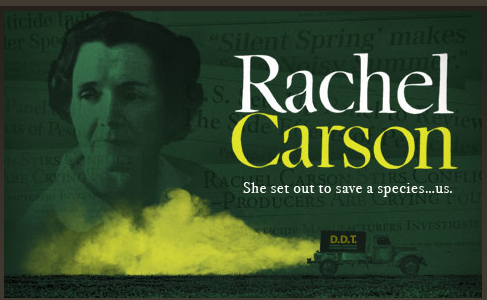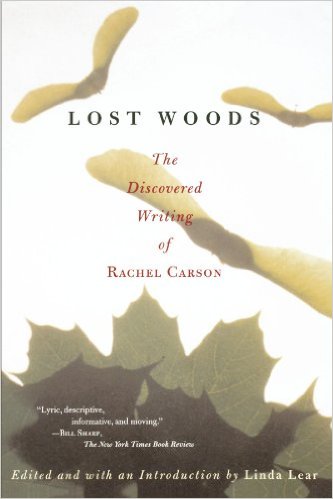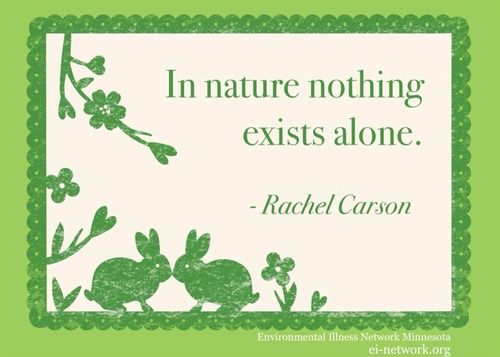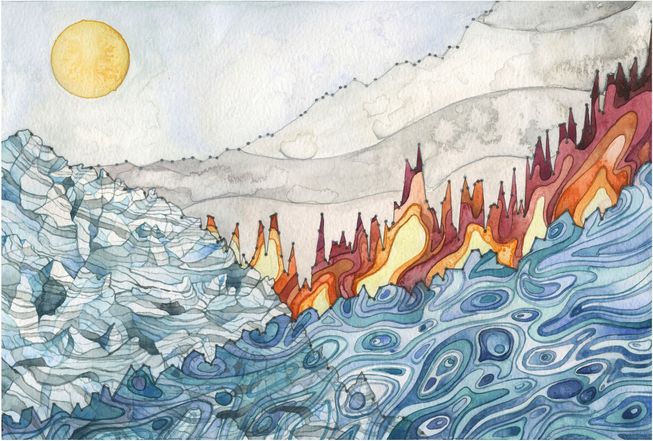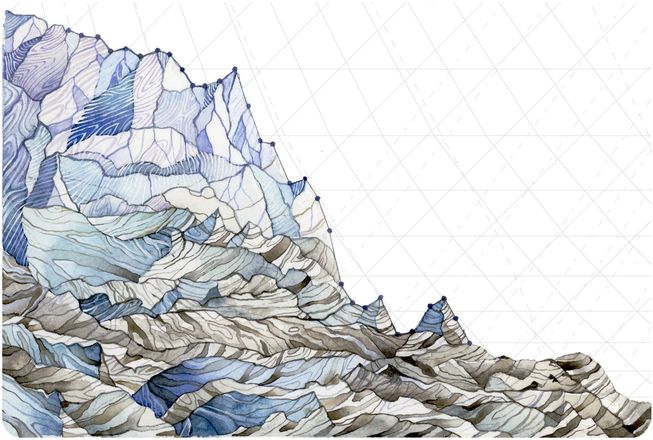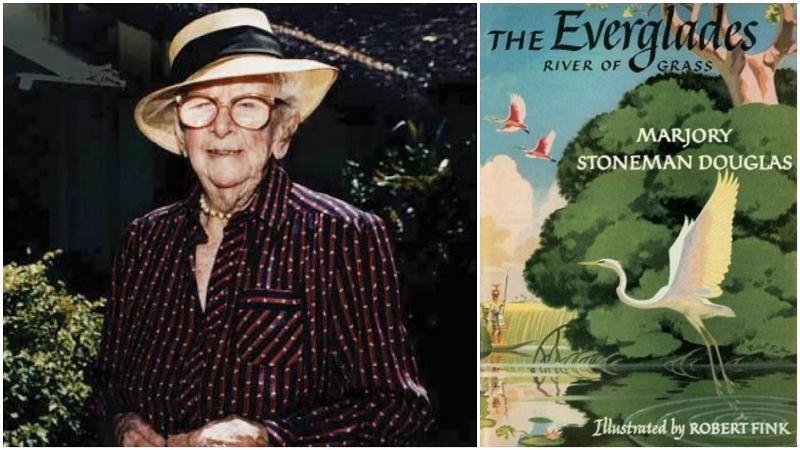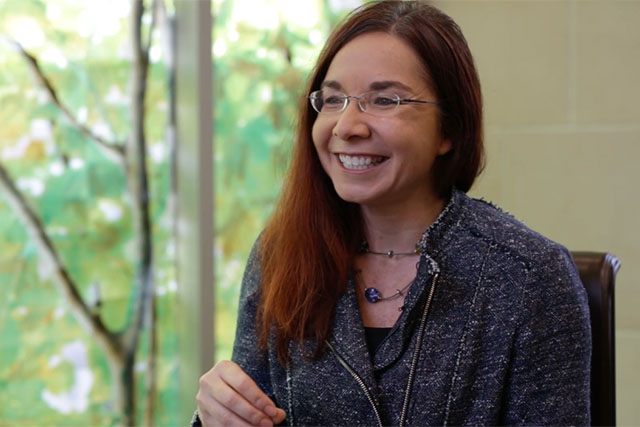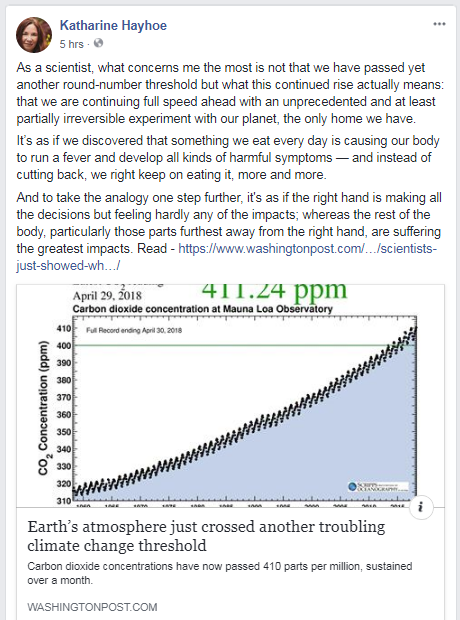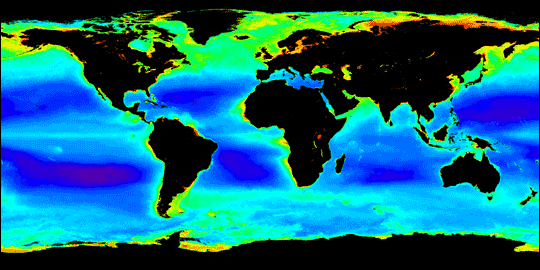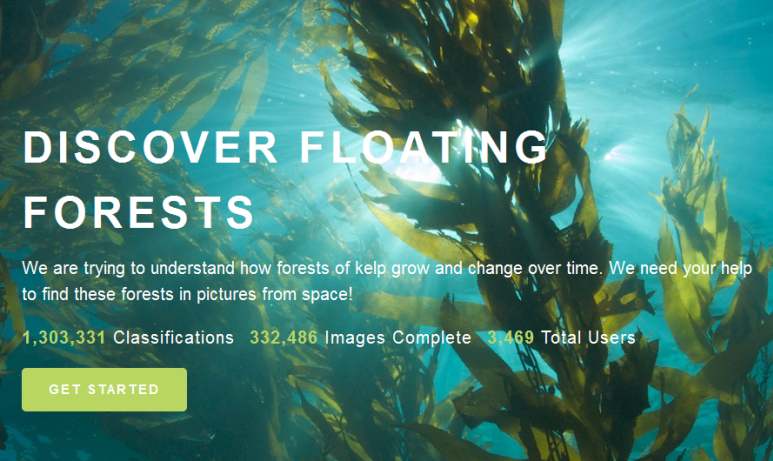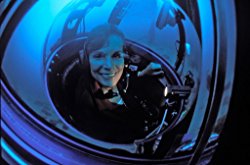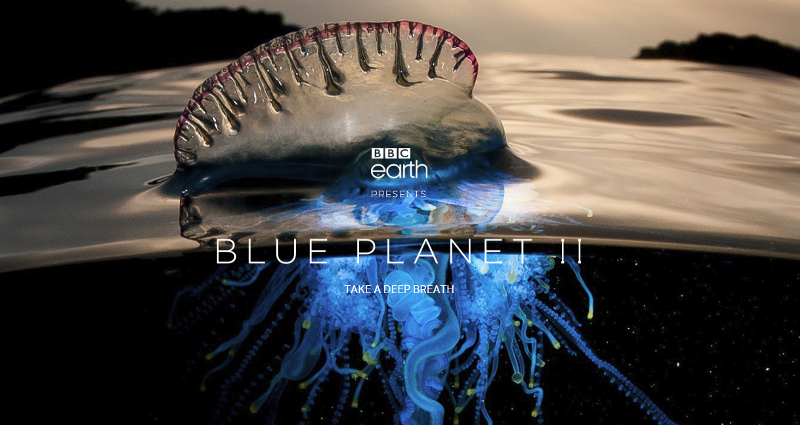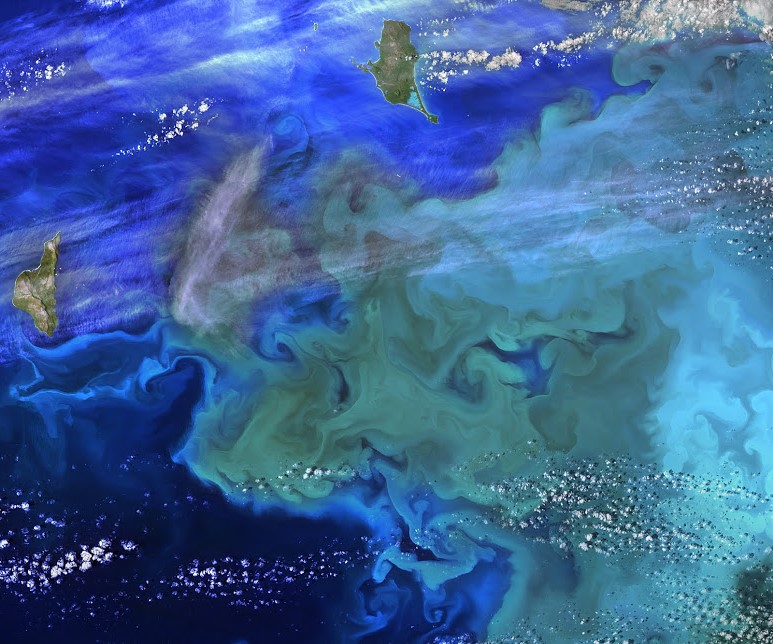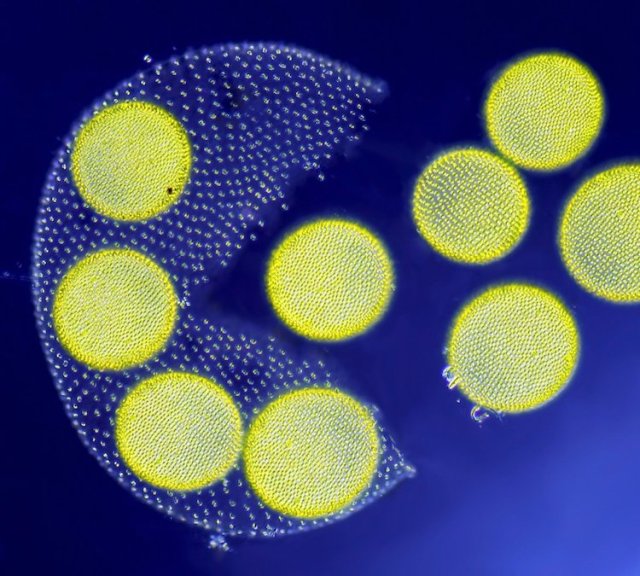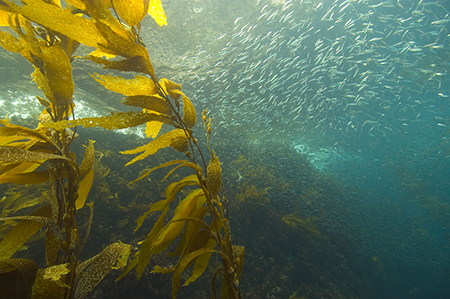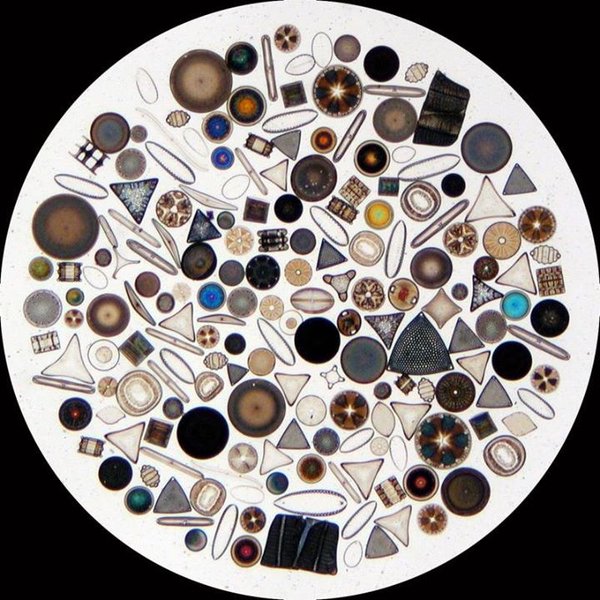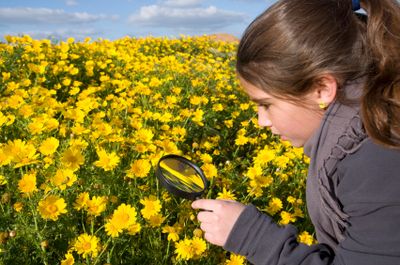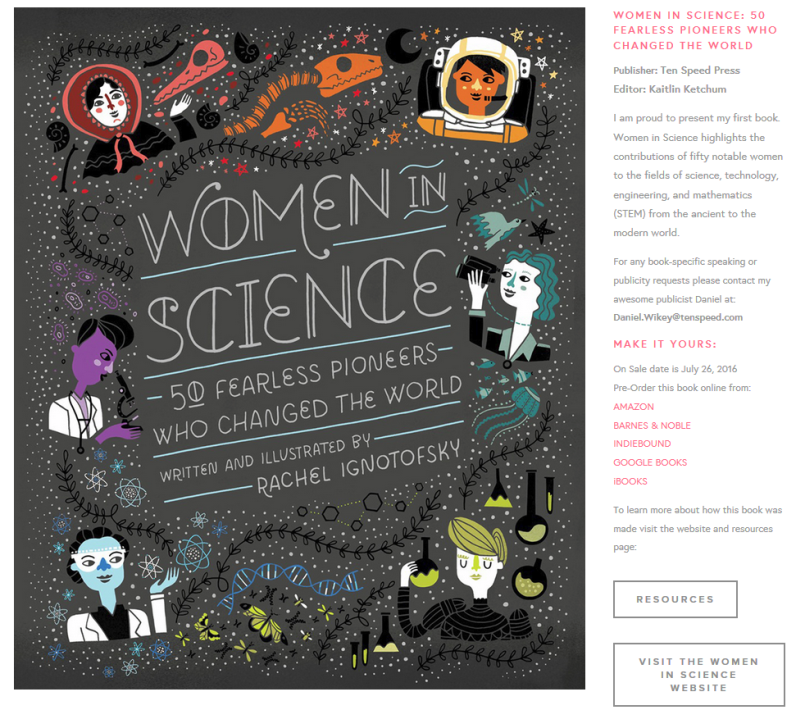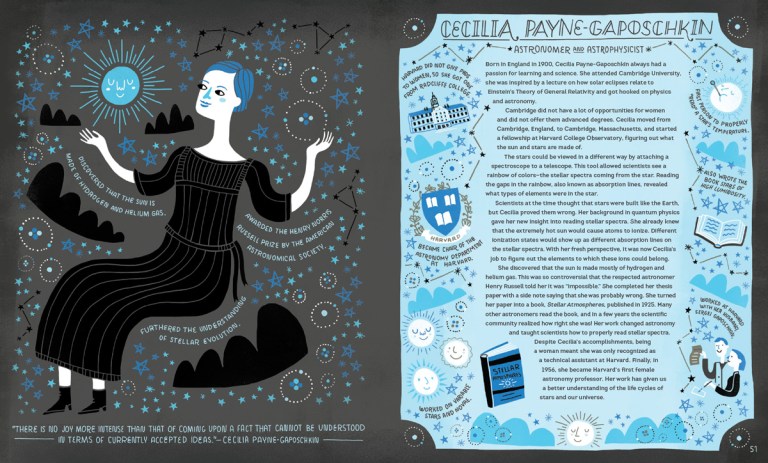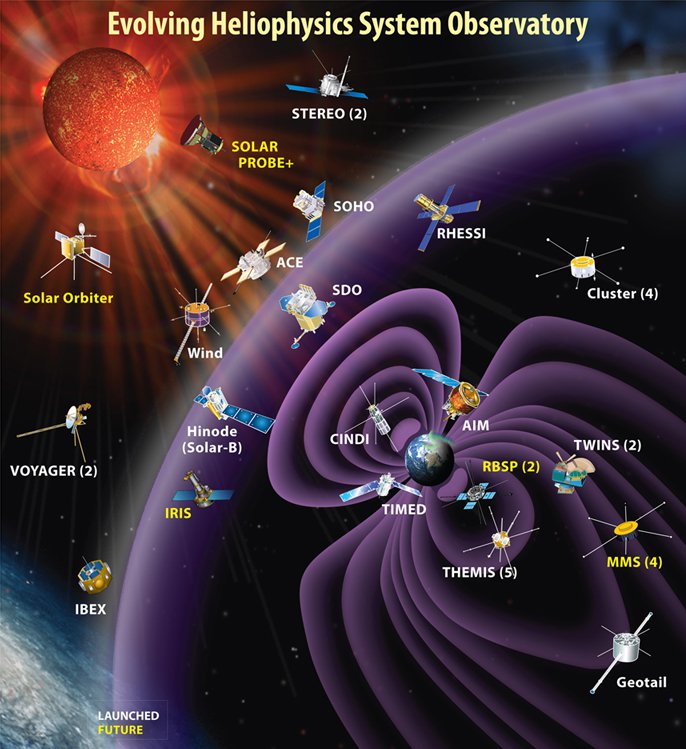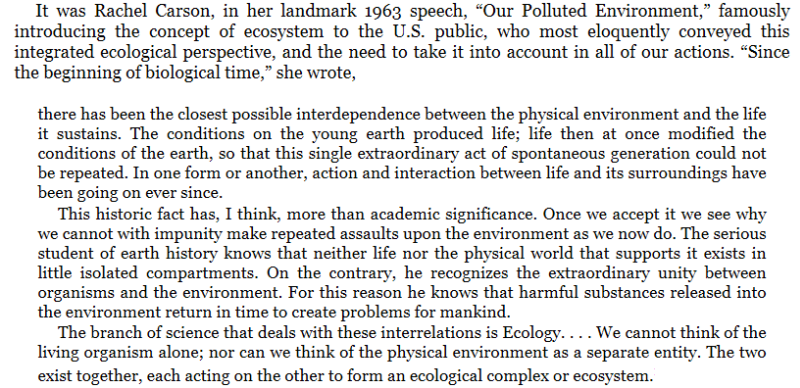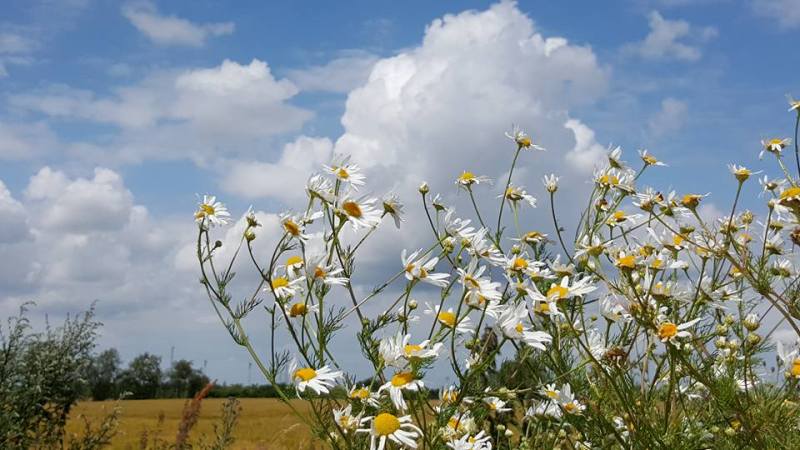Ecolivia: Difference between revisions
Siterunner (talk | contribs) No edit summary |
Siterunner (talk | contribs) No edit summary |
||
| Line 280: | Line 280: | ||
<font color=blue>○ ○ ○ ○ ○ ○ ○</font> <font color=green>○ ○ ○ ○ ○ ○ ○</font> | |||
| | ||
Revision as of 23:44, 17 October 2018
Eco-O
Women Earth-Eco Scientists
Visionaries to Watch
The Writing of 'Silent Spring'
Olivia, eco-O: My dad is an environmental activist in Clearwater, Florida with me. Many years ago in Santa Fe, New Mexico in the early 1990's he helped start the Bioneers and established its publishing division. The Bioneers network has been going for over 25 years now, has an annual conference in California with many environmental leaders attending from around the world, and they have published many books. Over all this time, my dad has often said "it's all connected" in nature and that this motto was one of the very first sayings that the Bioneers adopted.
Rachel Carson too saw the "interconnected nature of the universe" and this essential idea is one we should remember as we look at and study nature's diversity and apply science to our observations.
My mother grew up in Florida, surrounded by lakes, many animals and mosquitoes, and has told stories about how she would run with her friends behind the DDT trucks that would spray clouds of gas to kill the mosquitoes. The kids didn't know that DDT had many harmful effects on life, beyond the insects. It took Rachel to point this out.
Now many years later, Rachel Carson's life and legacy stays with us as a reminder of how we all can make a difference by studying, learning, and acting on our beliefs.
In 1962 — "Silent Spring", Rachel's book "ignited a conservation movement and awakened the modern environmental consciousness..."
A strong, courageous woman and scientist and writer who was a poet with words remains with us always.
As she was dying she wrote to a friend:
"You do know, I think, how deeply I believe in the importance of what I am doing. Knowing what I do, there would be no future peace for me if I kept silent... It is, in the deepest sense, a privilege as well as a duty to have the opportunity to speak out — to many thousands of people — on something so important."
Rachel Carson, "American Experience - 2016
Rachel Carson's Silent Sprint (documentary - 1993)
https://www.nwhm.org/education-resources/biography/biographies/rachel-carson/
https://www.fws.gov/refuge/rachel_carson/
https://www.greenpolicy360.net/w/Merchants_of_Doubt (see DDT)
○ ○ ○ ○ ○ ○ ○ ○ ○ ○ ○ ○ ○ ○ ○ ○ ○ ○ ○ ○
○ ○ ○ ○ ○ ○ ○ ○ ○ ○ ○ ○ ○ ○ ○ ○ ○ ○ ○ ○
Jill Pelto's watercolors show a strange beauty of climate change data
Courtesy of Mother Nature Network
November 8, 2016
- For more about Jillian's art -- https://www.etsy.com/shop/GlaciogenicArt / http://www.jillpelto.com/gallery/
- (Photo: Jill Pelto)
'Landscape of Change' was painted using data about sea level rise, glacier volume decline, increasing global temperatures and rise in fossil fuel usage.
- (Photo: Jill Pelto)
Decline of Glacier Mass Balance
···································
Marjory Stoneman Douglas' Voice in the Dawning of Environmental Consciousness
Remembering Marjory and the school named after her
"There must be progress, certainly. But we must ask ourselves what kind of progress we want, and what price we want to pay for it. If, in the name of progress, we want to destroy everything beautiful in our world, and contaminate the air we breathe, and the water we drink, then we are in trouble." - Majory Stoneman Douglas
Majory Stoneman Douglas, one of the nations most significant environmentalists during the 20th century, steadfastly defended the Florida Everglades in an effort to prevent efforts by real estate and agricultural developers to repurpose the land by draining the swamp. The Everglades are truly a unique treasure of our nation, teeming with wildlife found nowhere else on the planet.
······································································
Katharine Hayhoe, Brave Climate Scientist
- Director of the Climate Science Center at Texas Tech
- ··························································································
What Do Citizens of the U.S. Think About Climate Change
From the Yale University Program on Climate Change Communication
http://climatecommunication.yale.edu/visualizations-data/sassy/
http://climatecommunication.yale.edu/visualizations-data/ycom-us-2018/
Registered US Voters and Global Warming
"Climate Change in the American Mind / March 2018
······································································
“With every breath we take”
"A single kind of blue-green algae in the ocean ('Prochlorococcus') produces the oxygen in one of every five breaths we take"
Smithsonian Museum online also sees the small little ones effect on the big picture...
"Tiny Blue-Green"
- TinyBlueGreen.com / A new website and Discovery Project by Olivia Schmidt with assistance from Steven Schmidt, GreenPolicy siterunner
- ThinBlueLayer.com / We begin looking more closely and carefully at the oceans of the world, blue-green life, the oxygen produced, and sustainable connections to our "thin blue" atmosphere
- As Planet Citizens, and Planet Citizens, Planet Scientists we look at 'floating ocean grasses and forests', blue-green life in earth's oceans, impacting oxygen in the atmosphere, climate, food-chains and fisheries, maintaining our planet's biosphere...
- ○ ○ ○ ○ ○ ○ ○ ○ ○ ○ ○ ○ ○ ○ ○ ○ ○ ○ ○ ○ ○ ○ ○ ○
"Science is beginning to study the critical role of "the tiny little ones"
- Blue-Green Connection to Life on Earth
"The World Is Blue: How Our Fate and the Ocean’s Are One"
"I see things that others do not..."
~ Saving the Oceans ○ 'Mission Blue-2' ○ Dr. Sylvia's books
Sylvia Earle, the first woman to become chief scientist of NOAA (video), the U.S. National Oceanic and Atmospheric Administration
- "The Tiny Little Ones - Plankton"
- "Ecosystems of the Sea"
- Nearly all marine plants are single celled, photosynthetic plankton-algae
- Marine plants produce over 50% percent of the oxygen in the atmosphere
○ ○ ○ ○ ○ ○ ○ ○ ○ ○ ○ ○ ○ ○ ○
Not Pac-Man, It's Algae
A Game of a Living, Breathing Earth
Subject Matter:
Living Volvox algae releasing its daughter colonies
https://www.greenpolicy360.net/w/File:Algae_release_-nikon-small-world-competition-2017-winners.jpg
- Removing Carbon, Adding Oxygen: Plankton's Role is Critically Important
○ ○ ○ ○ ○ ○ ○ ○ ○ ○ ○ ○ ○ ○
Eco-Science
Young Women Becoming Scientists & Changing the World
- Let's look at Rachel Ignotofsky and her art, research and books !
○
Ahead of her time, Eunice Foote
Eunice's Scientific Study: "Circumstances affecting the Heat of the Sun's Rays" (1856)
This Lady Scientist Defined the Greenhouse Effect But Didn’t Get the Credit
The morning of August 23, 1856, saw hundreds of men of science, inventors and curious persons gathered in Albany, New York, for the Eighth Annual Meeting of the American Association for the Advancement of Science, the largest attended to date. The annual meetings of the AAAS brought together scientists from around the United States to share groundbreaking new discoveries, discuss advancements in their fields and explore new areas of investigation. Yet this particular meeting failed to deliver any papers of quality—with one notable exception.
That exception was a paper entitled “Circumstances affecting the heat of the sun’s rays,” by Eunice Foote. Foote’s paper anticipated the revolution in climate science by experimentally demonstrating the effects of the sun on certain gases and theorizing how those gases would interact with Earth’s atmosphere for the first time. In a column of the September 1856 issue of Scientific American titled “Scientific Ladies,” Foote is praised for supporting her opinions with “practical experiments.” The writers noted: “this we are happy to say has been done by a lady.”
Women in Science: Seeing & Studying the Earth in Visionary Ways
- ···········································································································
Women in Science: Seeing Earth's Sun and the Universe in a Visionary Way
Cecilia Payne-Gaposchkin
“The Most Brilliant Ph.D Thesis Ever Written in Astronomy”
- Cecilia Payne-Gaposchkin, Radcliffe Ph.D 1925, first woman tenured within Harvard Radcliffe Institute for Advanced Study at Harvard University
I have reached a height that I should never, in my wildest dreams, have predicted 50 years ago. It has been a case of survival, not of the fittest, but of the most doggedly persistent. I was not consciously aiming at the point I finally reached. I simply went on plodding, rewarded by the beauty of the scenery, toward an unexpected goal.
Dr. Payne-Gaposchkin found that helium and particularly hydrogen were vastly more abundant (for hydrogen, by a factor of about one million). Thus, her thesis established that hydrogen was the overwhelming constituent of the stars, and accordingly was the most abundant element in the Universe.
Heliophysics / Solar Science
··································································································
Always Remembering Our Dreamers & Visionaries
○
○
- Biodiversity
- Bioneers
- Climate Change
- Climate Policy
- Earth360
- EarthPOV
- Earth Observations
- Earth Science
- Ecofeminism
- Ecology Studies
- Ecoregions
- Education
- Environmental Protection
- Environmental Security
- EOS eco Operating System
- Global Security
- Green Networking
- Green Politics
- Heliophysics
- NASA
- Oceans
- Ocean Ecosystem
- Ocean Science
- Planet Citizen
- Planet Citizens
- Planet Scientist
- Planet Citizens, Planet Scientists
- Planetary Science
- Resilience
- Space Science and Space Physics
- Sustainability
- Sustainability Policies
- Women's Issues
- Women and Gender
- Youth
